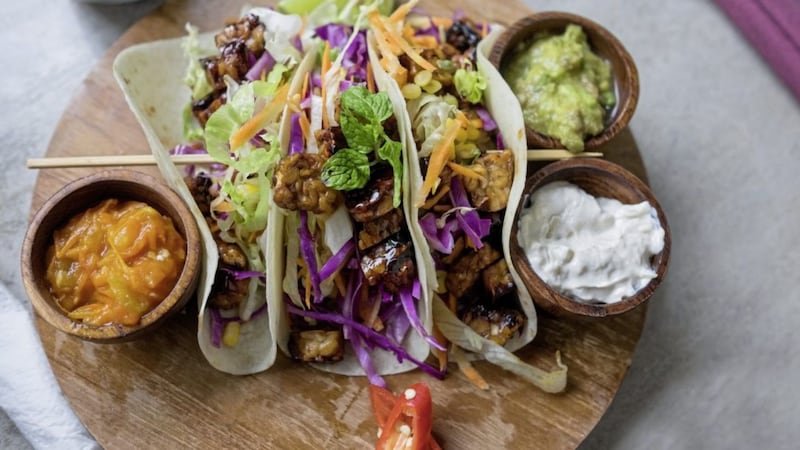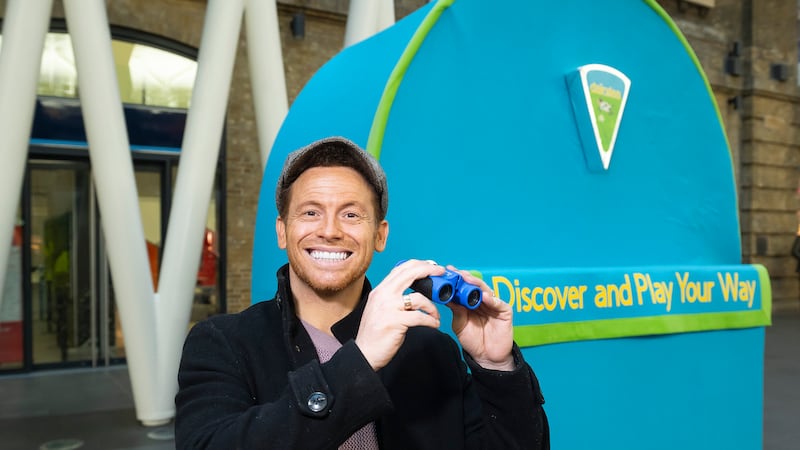JANUARY is the time when most of us take a look at our habits and lifestyle and try to make some changes to better ourselves a little. This year, Veganuary is the buzzword of the season, as plenty of us turn to a vegan diet for January in a quest to feel healthier, fitter, and slimmer.
With poster campaigns, tattooed vegan chefs and elite athletes like Rich Roll as role models, the vegan diet has turned from an extreme diet choice for a select few animal welfare campaigners, to an Instagram-friendly diet for all of us to strive for.
We can’t ignore the evidence of the environmental and health benefits of a plant-based diet and most of us would benefit from increasing our daily intake of vegetables, pulses, nuts and fruit, but does this mean that a vegan diet is the answer to health and longevity?
:: So, what is a vegan diet?
A vegan diet consists only of foods from plant origin – fruit, vegetables, nuts, seeds, beans, lentils, grains, etc – and avoids meat, dairy products like cheese, yoghurt and milk, and eggs. Some vegans also avoid foods like honey – anything derived from animals.
A vegan diet differs from a vegetarian diet by excluding dairy products and eggs.
:: Is a vegan diet a healthy diet?
Like any diet, there are healthy versions and unhealthy versions of a vegan diet. Living on processed foods, ready meals and junk food is just as easy on a vegan diet as any other diet.
Just because a food is labelled as vegan, doesn’t necessarily make it a healthy choice. Take a closer look at the ingredients list to find out what you are eating.
A vegan diet has potential health benefits, as it tends to be higher in fibre and vitamin C and lower in calories and saturated fats than a non-vegan diet, but there are some nutritional challenges too, which cannot be ignored.
A completely plant-based, vegan diet can be low in vitamin B12, iron, zinc, calcium, iodine and vitamin D, as well as omega 3 essential fats, so if you are thinking of converting to a vegan diet, you will have to work a little harder to can get these into your diet.
Vitamin B12 – found in fortified foods and drinks like plant-based milks and yeast extract, like Marmite. Most vegan diets would benefit from supplementing additional B12 and from the following:
Iron – Legumes, grains, nuts, seeds, fortified foods, green vegetables
Zinc – Beans, nuts, seeds, oats, wheat germ, nutritional yeast
Calcium – Tofu (calcium set), fortified plant milks and juice, kale, broccoli, sprouts, cauliflower, pak choi
Iodine – Seaweed, cranberries, potatoes, prunes, iodised salt
Vitamin D – Lichen-derived D3 supplements
Omega 3 (EPA and DHA) – seaweed, algae. Vegan omega 3 supplements are available, and advisable.
:: I want to give it a go, so what can I eat ?
A little bit of planning and some batch cooking will make sure you are eating well. Here are a few ideas to get you started:
For breakfast, you could start your day with some porridge or muesli with plant-based milk (oat, almond or coconut) and fruit, or for an alternative to eggs, try scrambled tofu on toast.
Lunch – a plant-based salad, packed with seasonal vegetables like kale, grated carrot, beetroot, red onion and a dressing of olive oil and apple cider vinegar, with a protein source like tofu or beans, or if you prefer something warm, homemade soups, packed with vegetables and pulses, served with oatcakes and houmous.
Dinner – Spinach and chickpea curry with brown basmati rice, or 3 bean chilli with quinoa.
Snacks – nuts, seeds, coconut chips, plant-based yoghurts, fruit, veg sticks with houmous, oatcakes with nut butter.








